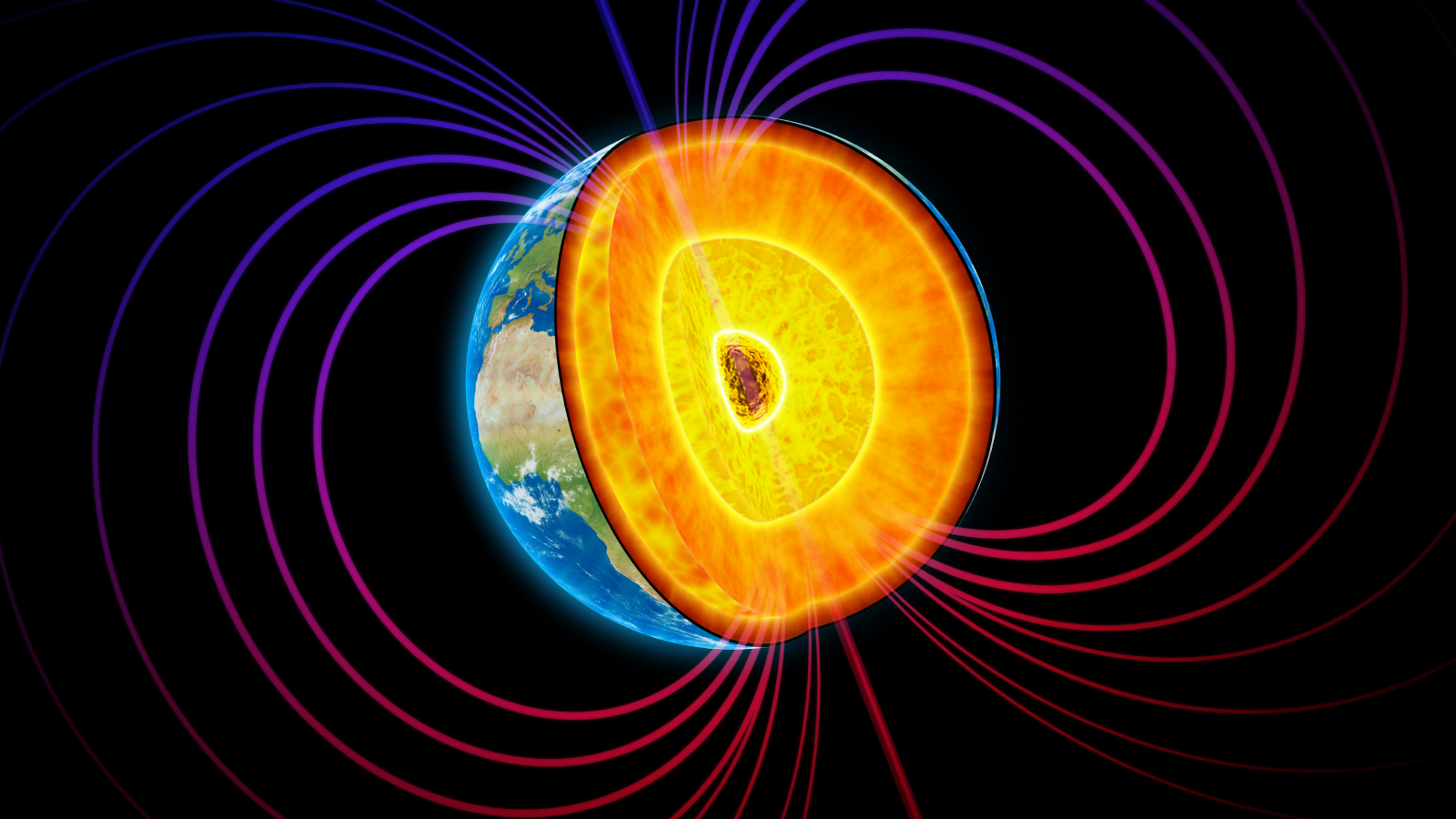Applied Sciences, Vol. 14, Pages 5784: Machine Learning-Based Feature Extraction and Classification of EMG Signals for Intuitive Prosthetic Control
Applied Sciences doi: 10.3390/app14135784
Authors: Chiang Liang Kok Chee Kit Ho Fu Kai Tan Yit Yan Koh
Signals play a fundamental role in science, technology, and communication by conveying information through varying patterns, amplitudes, and frequencies. This paper introduces innovative methodologies for processing electromyographic (EMG) signals to develop artificial intelligence systems capable of decoding muscle activity for controlling arm movements. The study investigates advanced signal processing techniques and machine learning classification algorithms using the GRABMyo dataset, aiming to enhance prosthetic control systems and rehabilitation technologies. A comprehensive analysis was conducted on signal processing techniques, including signal filtering and discrete wavelet transform (DWT), alongside a composite feature set comprising Mean Absolute Value (MAV), Waveform Length (WL), Zero Crossing (ZC), Slope Sign Changes (SSC), Root Mean Square (RMS), Enhanced Waveform Length (EWL), and Enhanced Mean Absolute Value (EMAV). These features, refined through Linear Discriminant Analysis (LDA) for dimensionality reduction, were classified using Support Vector Machine (SVM) algorithms. Signal filtering and DWT improved signal quality, facilitating better feature extraction, while the diverse feature set enhanced classification accuracy. LDA further improved accuracy by isolating the most informative features, and the SVM achieved optimal performance in decoding complex EMG patterns. Machine learning models, including K-Nearest Neighbor (KNN), Naïve Bayes (NB), and the SVM, were evaluated, with the SVM outperforming the others. The significance of these results lies in their potential applications in prosthetic control systems and rehabilitation technologies. By accurately decoding muscle activity, the developed systems can facilitate more intuitive and responsive robotic arm movements, contributing to the advancement of innovative solutions for individuals requiring prosthetic devices or undergoing rehabilitation, hence improving the quality of life for users. This research marks a significant step forward in the integration of advanced signal processing and machine learning in the field of EMG analysis.

 2 months ago
19
2 months ago
19


